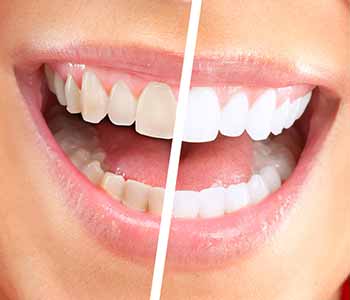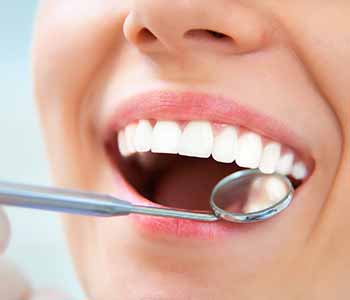Reasons for gum recession explained by Hong Kong Dentist

The mere idea of pain and suffering that receding gums bring with them is enough to scare a person. You need not worry though, because like all ailments there are some good techniques that can be followed to treat receding gums at home. However, in extremely severe cases you might need to consult a dentist.
The very basic and mandatory step towards improving your oral health is maintaining good oral hygiene. During a consultation with a dentist, you can find out whether further measures to improve your oral health are needed and if you should worry about gum recession. Here are a few reasons for gum recession explained by a Hong Kong dentist.
Causes of Gum Recession
Gum recession, also known as gingival recession, happens when the tissues of your gum are receding away from their original position around your teeth. This leads to exposing the roots of your teeth. It is just as painful as it sounds and there can be numerous daily habits that might lead to it. The course of treatment begins with recognizing what the causes of this might be.
Some of the common habits that lead to gum recession include.
Aggressive brushing and flossing
Being enthusiastic and careful about your oral health is necessary. However, if you are overdoing it or being too aggressive, it will have adverse effects. Brushing should not work like scrubbing. Use a good make of toothbrush. Automatic toothbrushes especially the ultrasonic type can provide efficient cleaning without the need for scrubbing. Remember it doesn’t need to hurt to ensure that it’s clean.
Genetics
Just as the rest of your physical features, your gum tissue also has some genetic characteristics. If either or both of your parents have recession, you have a high risk of going through the same. As per research, genetics are the reason why 30 percent of the population is predisposed to receding gums, irrespective of their great oral health.
Grinding your teeth or bruxism
Have your companions complained about you grinding your teeth? Have you woken up with a headache? Teeth grinding is a habit that can cause several dental maladies, receding gums being one of them. Go to your dentist as soon as you discover your habit of teeth grinding. It can be treated using simple painless methods like mouth guards and other easy options.
Trauma to gum tissue
A severe traumatic injury can lead to some gum tissues not healing, and in turn, to receding gums. But even without any trauma, if your general oral health is weak, you may be exposed to the risks of gum recession.

Insufficient dental care
Dental care involves brushing, flossing and rinsing with mouthwash. If you don’t follow these steps for oral hygiene properly, it can lead to the plaque turning to calculus. It’s a hard substance that forms on the teeth, and between them. Tartar or calculus needs professional dental cleaning to be removed, and if not taken care of, it can lead to receding gums.
Hormonal changes or fluctuations in females
The hormonal levels in females fluctuate often in their lifetime. These changes make gums vulnerable, just as several other parts of the body and can lead to receding gums.
Tobacco products
Tobacco users tend to get a sticky plaque on their teeth. It’s tough to get rid of and leaves the gums open to the threat of receding.
Teeth clenching
When you clench your teeth, a lot of pressure is applied to the nerve endings and gum tissue, which can lead to receding gums.
A misaligned bite or crooked teeth
When all your teeth do not come together for biting, some teeth undergo more pressure than others. This uneven distribution of pressure can be a cause of receding gums.

Body piercing of the lip or tongue
Jewellery in internal body organs like tongue and lips can irritate gum tissues, wearing them out and leading to receding gums.
How is Gum Recession Treated?
Mild receding gums can be treated by dentists with a thorough cleaning of the infected area. This cleaning involves removing the stubborn plaque and tartar on the receded gum area along roots.
This process of tooth cleaning and root planing involves smoothing the roots, so bacteria doesn’t reattach to it. Subsequent oral hygiene maintenance is very important in stabilising the condition.
Back to Gum Disease Page